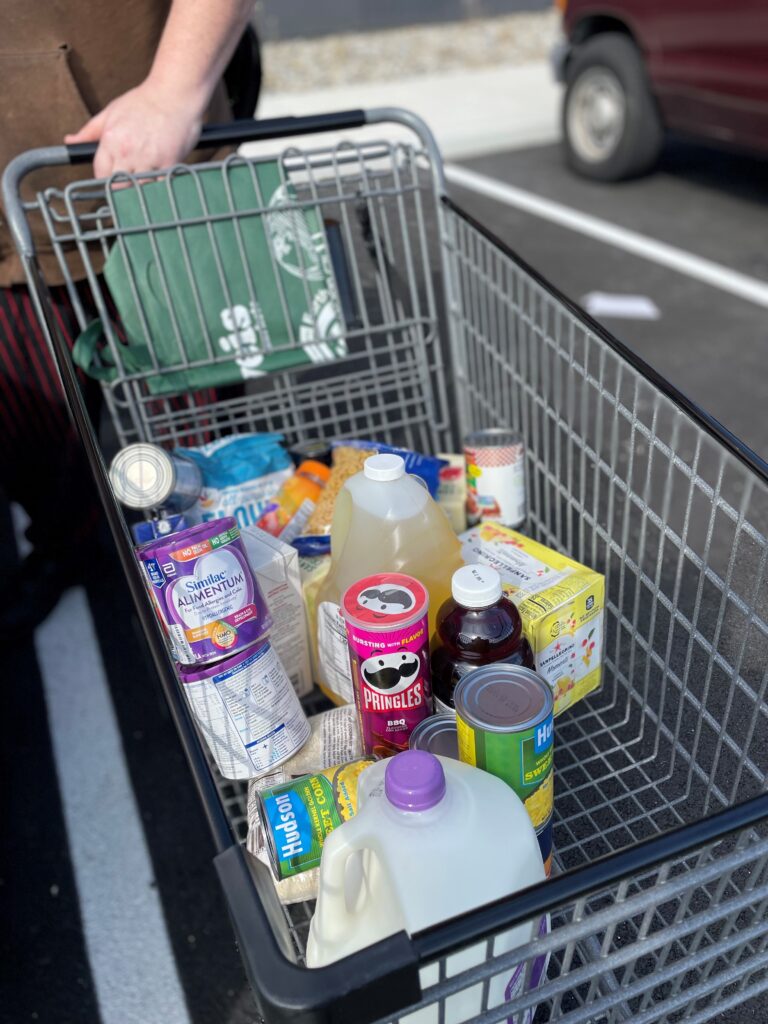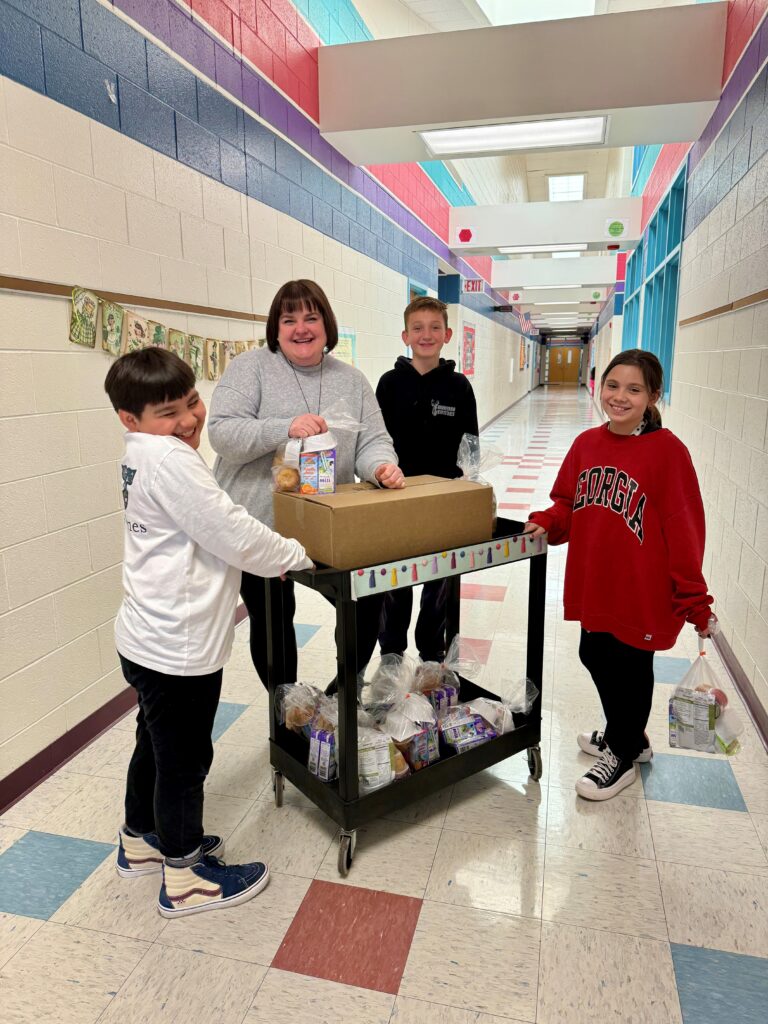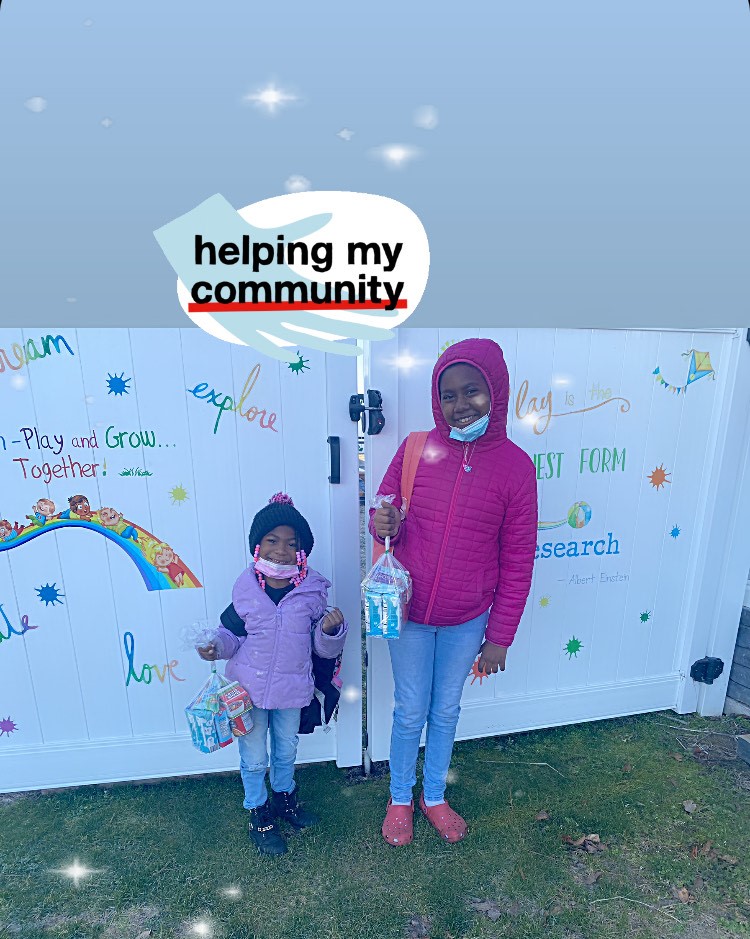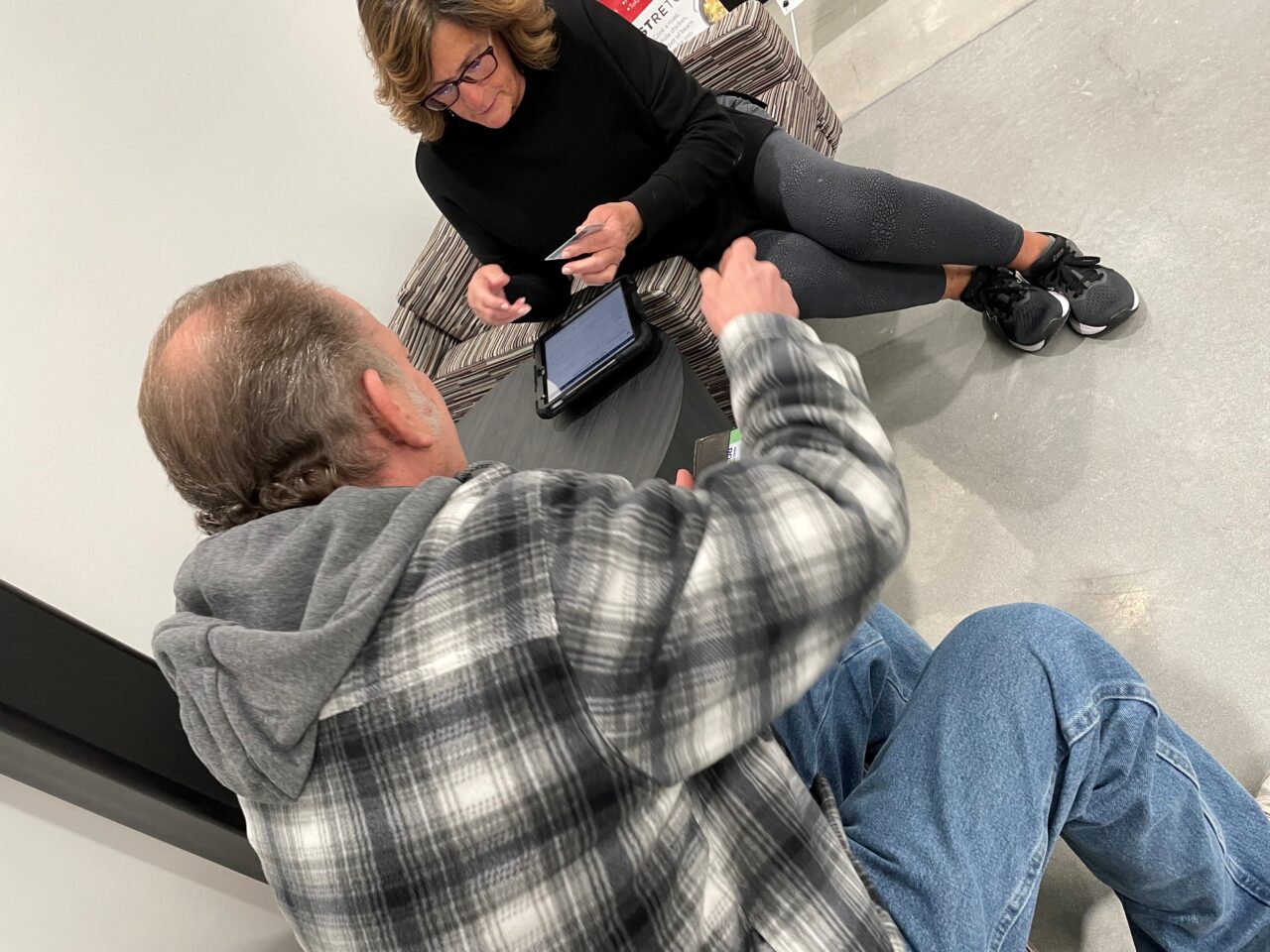Food box home delivery called ‘game changer’ for grandmother
December 22, 2022
The faces of rural poverty can be hidden, particularly in coastal Sussex County where new housing communities overshadow older mobile home parks. Yet these isolated poor neighborhoods provide shelter for the state’s most vulnerable people: senior citizens and children.
For example: Carol and her grandson. Carol is a 79-year-old grandmother raising her 8-year-old grandson. They live in small mobile home community off a main highway in rural Sussex County. To get home – if she had a car – Carol would turn off onto a narrow, paved, unlit access road, then make another turn onto a rutted dirt road. She would need to navigate around deep, muddy potholes to arrive at her front door. That dirt road is shared by neighbors. She relies solely on her Social Security benefits; she has a house-mate – a younger woman who has access to a car, and when Carol’s son is not incarcerated he lives there too.
Her son expects to be released from prison in March; he is the father of Carol’s grandson, but Carol is the child’s legal guardian. What about the little boy’s mother? Carol, the child’s legal guardian since 2014, is not sure where his mother is now, only that she has another baby, a little brother.
Carol’s not alone, but that fact offers little comfort when it comes to the day-to-day challenges she faces. “It’s really hard. I have no transportation, and there’s no other kids in this neighborhood,” she said.
According to Grandfacts, a state-specific fact sheet produced by AARP, The Brooksdale Foundation Group, Casey Family Programs, Child Welfare League of Ameri9ca, Children’s Defense Fund, and Generations United, there are 25,594 children under age 18 living in homes where the householders are grandparents or other relatives. That’s 12 percent of the state’s children population. As in Carol’s situation, 8,182 children live in homes where the grandparents are responsible for them.
In an effort to access resources and provide additional support along with peer relationships for her grandson, Carol connected with Gloria Ho, a social worker at Milton Elementary School. On a recent afternoon, Ms. Ho needed to do a home visit in order to get some documents signed and to enroll the family in the Food Bank of Delaware’s home delivery program; Carol’s neighborhood is a food desert. She has no access to a grocery store without a car and has had to rely on neighbors to get a ride – when possible.
After Carol signed papers to enroll her grandson in a free summer camp, Ho coached her on how to sign up through her phone for a delivery from the Food Bank.
“This is a game-changer,” said Ho, noting that access to food will relieve some stress and provide her student and grandmother with nourishing food.
Carol was a bit skeptical, she admitted during a follow-up phone call. “Honestly, I was very surprised, and I’m very satisfied. There were plenty of vegetables – and the amount of food. “It is plenty for your family. I really appreciate it.”
Click here for more information on home delivery and other services offered by the Food Bank of Delaware.










